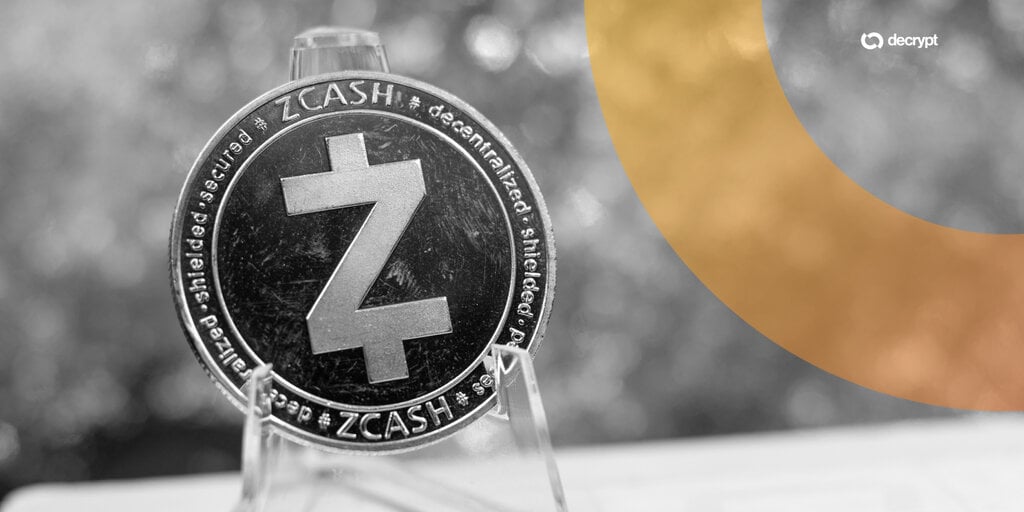
The Quantum Computing Revolution and Its Impact on Cryptocurrencies
Quantum computing, a groundbreaking technology, has long been considered a far-off development. However, its potential to disrupt modern cryptography has raised significant concerns, especially within the cryptocurrency industry. While Bitcoin and Ethereum are often at the center of these discussions, developers behind privacy-focused cryptocurrency Zcash are taking proactive steps to secure its network and users’ privacy in the event of a quantum attack.
Why Quantum Computing is a Major Threat to Blockchain
Unlike traditional computers, quantum computers operate on quantum bits (qubits), allowing them to perform calculations exponentially faster. Cryptocurrencies like Bitcoin and Ethereum rely on elliptic-curve cryptography for securing transactions. A sufficiently powerful quantum computer could exploit this algorithm, allowing malicious actors to crack private keys or even unveil transaction histories.
For Zcash, the stakes are especially high. As a cryptocurrency emphasizing user privacy, a quantum attack could compromise years of sensitive transaction history, disrupting its core mission. “In Bitcoin, the main risk is theft, but Zcash faces the additional threat of unwinding user privacy,” noted Sean Bowe, a Zcash engineer.
How Zcash is Preparing for a Quantum Computing World
Since its inception in 2016, Zcash has prioritized security and privacy. Developed under the guidance of the Electric Coin Company, Zcash was built using academic research from leading institutions like Johns Hopkins University and MIT. Its architectural design includes a fixed supply of 21 million coins, similar to Bitcoin, but with a privacy-focused twist.
Developers are now working on what they call “quantum recoverability.” This unique approach offers a contingency plan in case of a quantum attack. Instead of waiting for quantum-resistant cryptographic tools to mature, the Zcash team is developing mechanisms that would allow the network to pause and upgrade its security protocols without compromising user funds.
Steps Taken Toward Quantum Recoverability
The concept of quantum recoverability involves structuring the network to withstand short-term quantum attacks while developers deploy long-term security measures. According to Bowe, much of the groundwork for this has been completed. “Quantum recoverability largely involves changes to wallet software rather than core protocol updates, which is why we expect these features to roll out as early as next year,” Bowe added.
These updates will allow users to retain control of their assets even if elliptic-curve cryptography is compromised. Additionally, the decentralized governance model of Zcash ensures that security upgrades can be implemented more efficiently across its community.
The Bigger Picture: Lessons for the Blockchain Industry
Zcash is not alone in grappling with the quantum threat. Ethereum co-founder Vitalik Buterin recently raised alarms, stating that quantum computers could potentially break blockchain cryptography by 2028. However, as Bowe highlighted, the response readiness of different networks varies significantly. “While Bitcoin’s decentralized nature slows its response to existential threats, Zcash’s dedicated focus on this issue ensures we are prepared,” he said.
Although quantum computers capable of breaking current cryptographic systems are still years away, the industry-wide awareness is growing. Zcash’s forward-thinking approach demonstrates how proactive measures can safeguard not only a network but also its users’ trust and privacy in a technology-driven future.
Explore Products to Stay Safe
As cryptocurrencies evolve, personal security tools remain essential. Consider hardware wallets like the Trezor Model T or Ledger Nano X, which provide offline storage, adding an extra layer of security to your digital assets.
Conclusion
Quantum computing represents both an exciting advancement and a looming challenge for all cryptographic systems. But for Zcash, the promise of quantum recoverability and its community-driven model provide hope for a secure future. By prioritizing innovation and preparedness, Zcash has set a benchmark for other cryptocurrency networks.






